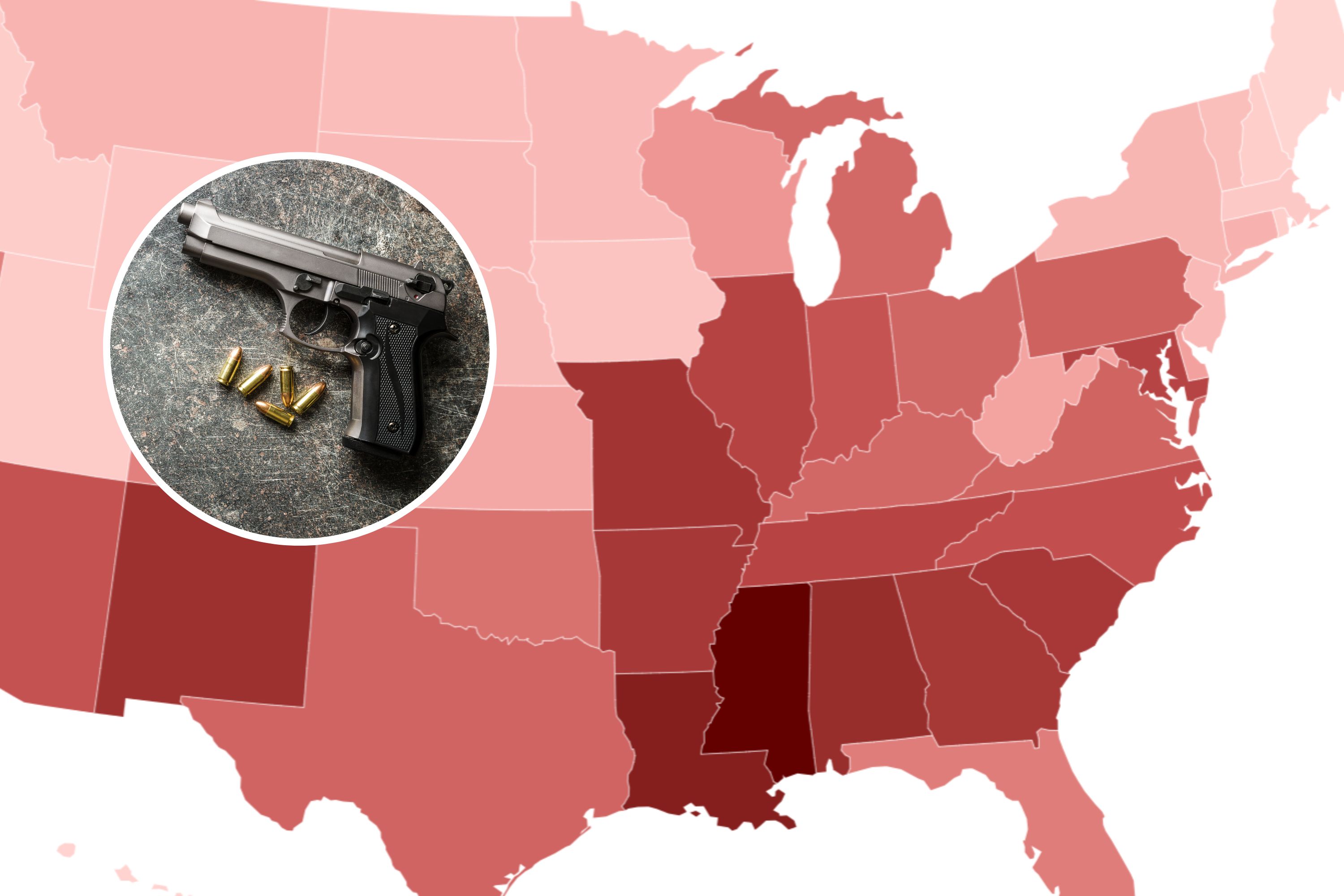Rail traffic was suspended between two major Crimean cities following a Thursday train derailment that railway officials blamed on "interference by outsiders."
On Friday, an intelligence update from the United Kingdom's Ministry of Defense said a major consequence of the rail suspension was that it disrupted "deliveries of supplies and potentially also weaponry, such as Kalibr cruise missiles," to Russia's Black Sea Fleet.
Russia invaded and annexed Crimea in 2014, and Ukrainian President Volodymyr Zelensky has said regaining the peninsula is one of his country's objectives in the war started by Russian President Vladimir Putin in February 2022. Crimea has also been the site of numerous attacks in recent weeks, including multiple drone strikes on the region's largest city, Sevastopol.
The British Defense Ministry's intelligence update about the derailment noted that the incident highlights security concerns for Putin as he tries to maintain his hold on the peninsula.

"Any sabotage in this sensitive area will further increase the Kremlin's concerns about its ability to protect other key infrastructure in Crimea," the British ministry wrote.
The ministry's update, which was posted on Twitter, added: "The peninsula retains a vital psychological and logistical role in enabling Russia's war in Ukraine."
(1/3) On 18 May 2023, a train derailed near Simferopol, blocking the only rail line into the port of Sevastopol, the base of Russia’s Black Sea Fleet (BSF). The railway authorities said it was a result of “interference by outsiders.”
— Ministry of Defence 🇬🇧 (@DefenceHQ) May 19, 2023
Newsweek reached out to the Russian Ministry of Foreign Affairs via email for comment.
Nikolai Lukashenko, Crimea's Kremlin-backed transport minister, wrote on Telegram that eight cars were knocked off the tracks, and some media outlets reported that an explosion caused the derailment.
No one was injured in the incident, but the derailment caused the temporary suspension of rail traffic between Simferopol, Crimea's capital, and Sevastopol.
The train derailment follows another recent high-profile incident that affected Russia's Black Sea Fleet. On April 29, a large fire broke out at an oil depot near Sevastopol after the sounds of explosions were reported.
Andriy Yusov, a spokesperson for Ukrainian military intelligence, said that the oil depot fire destroyed over 10 petroleum product tanks that were capable of storing a total of 40,000 tons of fuel for Russia's Black Sea Fleet.
Ukraine has never claimed responsibility for any of the attacks on Crimea, nor did it say it was behind Thursday's train derailment. Nonetheless, Yusov seemed to welcome the train incident during comments he made Thursday on Ukrainian television.
"On those tracks, in particular, weapons, ammunition, armored vehicles and other means used for the war of aggression against Ukraine are transported," Yusov said, according to the Interfax-Ukraine news agency. "It is quite natural that these tracks did not hold up, got tired and now are not functioning for a while."
Dr. Scott Savitz, a senior engineer at the RAND Corporation, told Newsweek that the train derailment "is exactly the type of disruption that can help to undermine Russia's ability to employ Crimea for use against other parts of Ukraine."
"Ukraine is not yet capable of retaking Crimea, but it can essentially besiege the peninsula. By disrupting Crimea's internal and external transportation routes, while also targeting key nodes for Russian forces, Ukraine can transform Crimea from a launching pad for Russian aggression into a vulnerable location that Russia must expend resources to protect," Savitz said. "Relentless covert operations, sabotage, uncrewed vehicle attacks, long-range fires, and the use of mines can hinder Russian power projection and have disproportionate psychological effects."
He added, "A first step to liberating the peninsula itself is to demonstrate that Russia's hold on it is tenuous—to show Russian forces that they are operating from an insecure occupied area, not from a safe haven. The local population will also be aware of the fragility of Russia's domination."
Uncommon Knowledge
Newsweek is committed to challenging conventional wisdom and finding connections in the search for common ground.
Newsweek is committed to challenging conventional wisdom and finding connections in the search for common ground.
About the writer
Jon Jackson is an Associate Editor at Newsweek based in New York. His focus is on reporting on the Ukraine ... Read more





